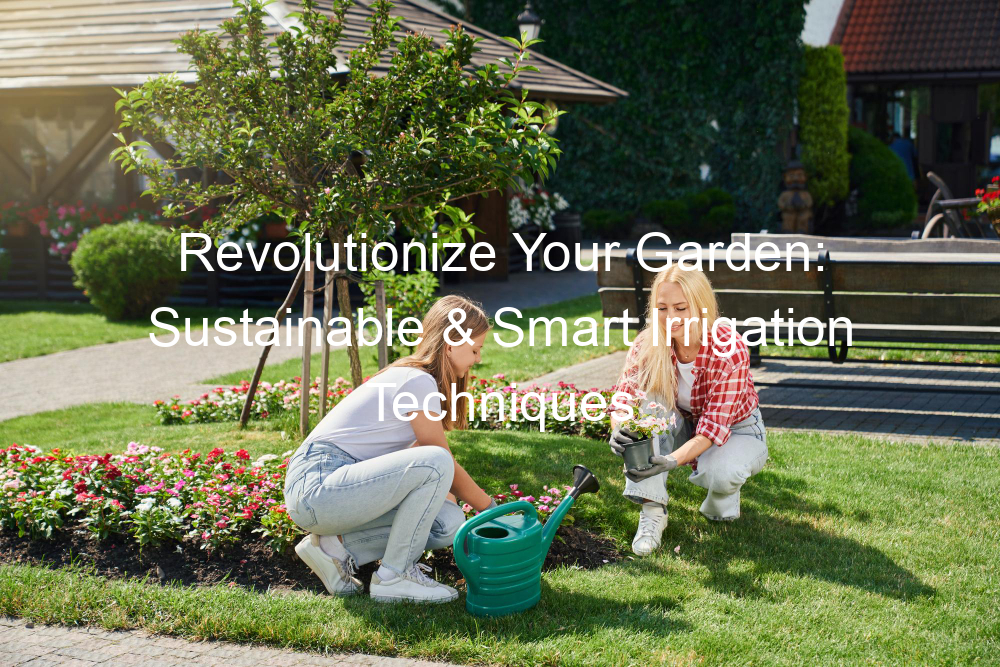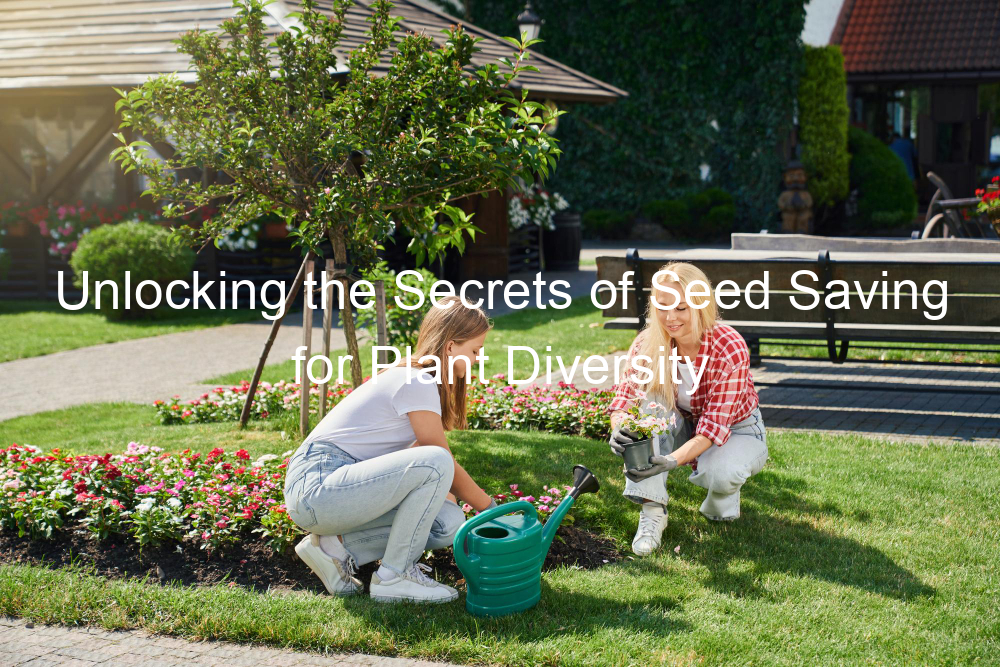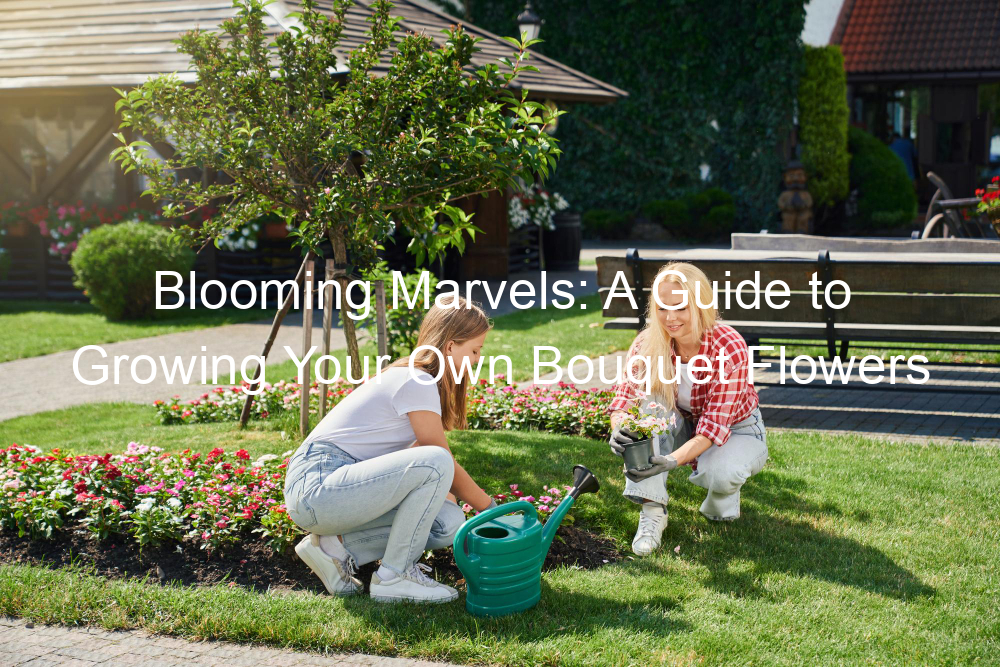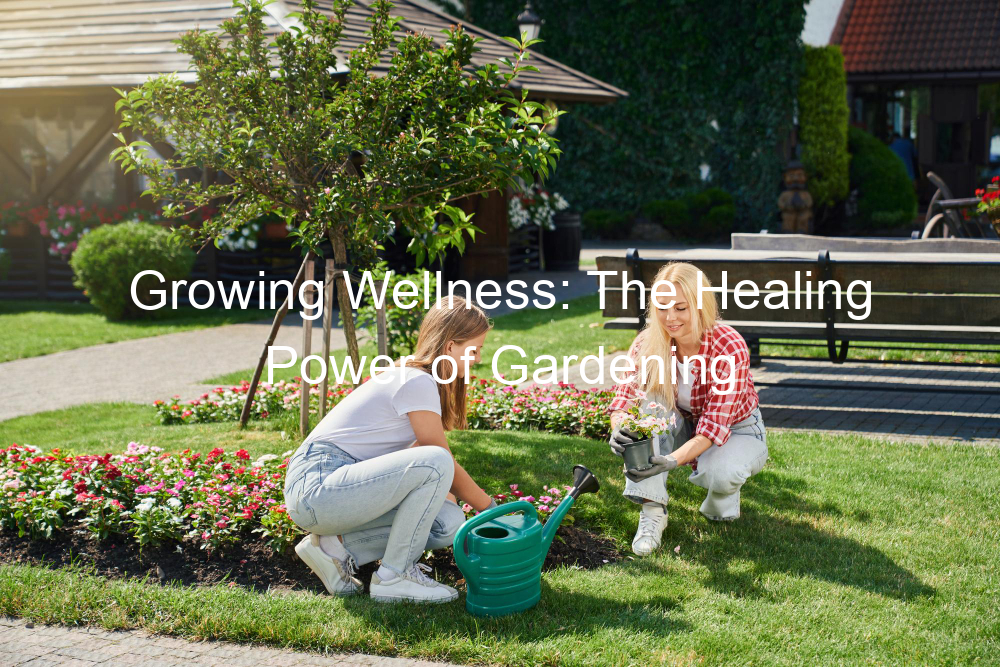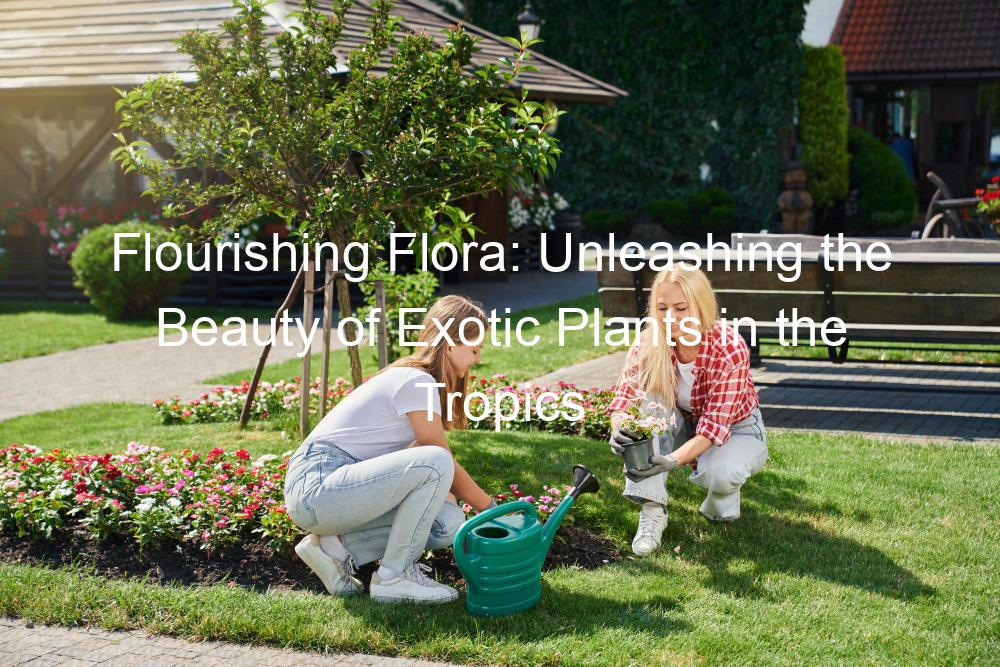Introduction to Sustainable & Smart Irrigation Techniques
Water is a precious resource, and it’s our responsibility to use it wisely. One of the ways we can do this is by adopting sustainable and smart irrigation techniques. These methods help us conserve water while ensuring our plants get the nourishment they need. Let’s dig into this topic and learn more about it.
-
- Understanding the need for sustainable watering systems
Water is not an infinite resource. According to the United Nations, by 2025, two-thirds of the world’s population could be under water stress. This means we need to start using water more sustainably, especially in our gardens and farms. Sustainable watering systems help us do just that. They allow us to use less water while still keeping our plants healthy and thriving.
-
- Benefits of smart irrigation methods
Smart irrigation methods are not just good for the environment; they’re also good for your wallet. These methods use technology to water plants only when they need it, reducing water waste. This can save you a significant amount of money on your water bill. Plus, smart irrigation methods can lead to healthier plants because they prevent overwatering, which can cause root rot and other plant diseases.
In the following sections, we’ll dive deeper into sustainable watering systems and smart irrigation methods. We’ll explore how they work, how you can implement them in your garden or farm, and the advanced techniques that can take your irrigation to the next level. So, let’s continue our journey towards a more sustainable and efficient way of watering our plants.
Understanding Sustainable Watering Systems
Water is a precious resource, and it’s our responsibility to use it wisely. In this section, we will explore the principles of sustainable agriculture watering. We will focus on two key aspects: water conservation techniques and environmentally friendly watering.
Principles of Sustainable Agriculture Watering
The principles of sustainable agriculture watering are based on the idea of using water resources in a way that does not harm the environment and ensures the availability of water for future generations. Let’s dive into the two main principles:
-
- Water Conservation Techniques
Water conservation techniques are methods that help reduce the amount of water used in agriculture. These techniques can include practices like drip irrigation, which delivers water directly to the roots of plants, reducing evaporation and runoff. Another technique is rainwater harvesting, where rainwater is collected and stored for later use. By using these techniques, we can significantly reduce the amount of water needed for agriculture and help preserve our water resources.
-
- Environmentally Friendly Watering
Environmentally friendly watering is about using water in a way that minimizes harm to the environment. This can involve using non-toxic products in your garden, avoiding overwatering, and choosing plants that are native to your area and therefore require less water. By adopting environmentally friendly watering practices, we can help protect our environment and conserve our water resources.
By adopting water conservation techniques and environmentally friendly watering practices, we can ensure that our precious water resources are preserved for generations to come.
Examples of Eco-friendly Watering Solutions
Let’s take a look at some real-life examples of how people are using eco-friendly watering solutions in their gardens. These case studies show that sustainable watering systems are not just possible, but also very effective.
-
- Case Study 1: The Rainwater Harvesting System
In a small town in California, a family decided to install a rainwater harvesting system in their backyard. This system collects rainwater from the roof and stores it in a large tank. The family uses this water to irrigate their vegetable garden and flower beds. By doing so, they have reduced their reliance on municipal water by 50%. Not only has this saved them money on their water bills, but it has also helped to conserve a precious resource.
-
- Case Study 2: The Drip Irrigation Method
In the arid region of Arizona, a group of farmers has adopted the drip irrigation method to water their crops. This method involves slowly dripping water directly onto the roots of plants. It uses less water than traditional methods and reduces water waste due to evaporation or runoff. The farmers have reported that their crops are healthier and their yield has increased, all while using less water. This is a clear example of how smart irrigation methods can benefit both the environment and the farmer.
These case studies show that with a little bit of planning and investment, anyone can adopt eco-friendly watering solutions. Not only do these solutions conserve water, but they can also lead to healthier plants and cost savings. So why not give it a try?
Exploring Smart Irrigation Methods
Smart irrigation methods are revolutionizing the way we manage water in our gardens, farms, and landscapes. Let’s delve into the basics of smart water management and explore two key methods: automated watering systems and weather-based irrigation.
Basics of Smart Water Management
Smart water management is all about using technology to use water more efficiently. It helps us save water, money, and time. It’s also better for the environment. Now, let’s look at two smart irrigation methods that are making a big difference.
-
- Automated Watering Systems
Automated watering systems are a game-changer. They water your plants exactly when and where they need it. You don’t have to remember to water your plants or worry about overwatering or underwatering them. The system does it all for you.
These systems use sensors and timers to deliver the right amount of water at the right time. For example, if it’s a hot, dry day, the system might water your plants more. If it’s a cool, rainy day, it might not water them at all. This helps your plants stay healthy and saves water.
-
- Weather-Based Irrigation
Weather-based irrigation is another smart method. It uses weather data to decide when and how much to water your plants. This means your plants get exactly what they need, no more and no less.
Or if it’s been really dry lately, the system might water your plants a little extra. This helps your plants thrive and conserves water.
Both of these methods are part of a larger movement towards smarter, more sustainable water management. They’re helping us use water more wisely and take better care of our plants. And that’s something we can all get behind.
Innovative Irrigation Solutions
When it comes to smart irrigation, there are two innovative solutions that stand out: smart sprinkler controllers and soil moisture sensors. These technologies are revolutionizing the way we water our gardens, saving both water and time.
- Smart Sprinkler Controllers
Smart sprinkler controllers are a game-changer in the world of irrigation. Unlike traditional sprinklers that operate on a set schedule, smart sprinklers adjust watering based on real-time weather data. This means they can reduce watering when it’s raining or increase it during a heatwave. According to a study, smart sprinkler controllers can save up to 30% of water compared to traditional systems. This not only helps conserve water but also reduces your water bill.
- Soil Moisture Sensors
Soil moisture sensors are another innovative irrigation solution. These devices are placed in the soil and measure the amount of water in the soil. When the soil is dry, the sensor sends a signal to the irrigation system to start watering. And when the soil has enough water, it signals the system to stop. This ensures that plants get the right amount of water and prevents overwatering. A case study showed that soil moisture sensors can reduce water use by up to 40%.
| Smart Irrigation Solution | Water Savings |
|---|---|
| Smart Sprinkler Controllers | Up to 30% |
| Soil Moisture Sensors | Up to 40% |
Smart sprinkler controllers and soil moisture sensors are innovative solutions that can make irrigation more efficient and sustainable. By using these technologies, you can ensure that your garden gets the right amount of water and save a significant amount of water in the process.
Advanced Irrigation Techniques
As we delve deeper into the world of smart and sustainable irrigation, it’s essential to explore advanced techniques that can revolutionize your garden. These methods not only conserve water but also contribute to a healthier and more vibrant garden. Let’s take a closer look at some green irrigation solutions.
Green Irrigation Solutions
Green irrigation solutions are designed to minimize water waste and maximize plant health. They are based on the principle of using water more efficiently, and often involve recycling and harvesting water. Here are two such advanced techniques:
-
- Water Recycling Systems
Water recycling systems are a fantastic way to conserve water. These systems collect the water that you’ve used in your home, clean it, and then use it for irrigation. This means that the water is used twice, which can save a significant amount of water over time. According to a study, using a water recycling system can reduce household water usage by up to 50%.
-
- Rainwater Harvesting
Rainwater harvesting is another excellent method for conserving water. This technique involves collecting rainwater in barrels or tanks and then using it to water your garden. It’s a simple and effective way to utilize a natural resource that would otherwise go to waste. A single rain barrel can save approximately 1,300 gallons of water during the peak summer months.
These advanced irrigation techniques are not only beneficial for the environment but also for your wallet. By using water more efficiently, you can significantly reduce your water bill. Plus, your plants will thank you for it!
Key Takeaways on Advanced Techniques
-
- Embrace Water Recycling: One of the most effective advanced irrigation techniques is the use of water recycling systems. These systems collect and treat wastewater, allowing it to be reused for irrigation. This not only conserves water but also reduces the demand on our natural water resources. For instance, a case study in California showed that using recycled water for irrigation reduced water use by up to 50%.
- Harvest Rainwater: Rainwater harvesting is another advanced technique that can significantly improve the sustainability of your irrigation practices. By collecting and storing rainwater, you can have a reliable and eco-friendly water source for your garden. This method is particularly effective in areas with high rainfall. For example, a school in Texas implemented a rainwater harvesting system and was able to irrigate their entire garden using only the collected rainwater.
| Advanced Technique | Description | Example |
|---|---|---|
| Water Recycling | Collects and treats wastewater for reuse in irrigation. | A case study in California showed a reduction in water use by up to 50%. |
| Rainwater Harvesting | Collects and stores rainwater for use in irrigation. | A school in Texas irrigated their entire garden using only collected rainwater. |
Conclusion: Revolutionizing Your Garden
As we reach the end of our exploration into sustainable and smart irrigation techniques, it’s clear that these methods are not just beneficial, but essential for the future of our gardens and our planet. Let’s take a moment to recap what we’ve learned and reflect on the importance of water conservation and management.
-
- Recap of sustainable and smart irrigation techniques
We’ve delved into the world of sustainable watering systems, exploring how techniques such as drip irrigation and soaker hoses can drastically reduce water waste. We’ve also examined smart irrigation methods, like weather-based controllers and soil moisture sensors, which can optimize water usage based on real-time data. These advanced irrigation techniques not only save water but also promote healthier plant growth and reduce the time and effort required for garden maintenance.
-
- Final thoughts on water conservation and management
Water is a precious resource, and it’s our responsibility to use it wisely. By adopting sustainable and smart irrigation techniques, we can significantly reduce our water usage and contribute to a more sustainable future.
With the knowledge and techniques we’ve discussed, you’re now equipped to revolutionize your garden. By making these small changes, you can make a big difference in water conservation and management. So, let’s start today and create a greener, healthier, and more sustainable garden for tomorrow.
| Technique | Water Savings |
|---|---|
| Drip Irrigation | Up to 60% |
| Soaker Hoses | Up to 50% |
| Weather-Based Controllers | Up to 30% |
| Soil Moisture Sensors | Up to 40% |
Keep in mind, the journey towards a sustainable garden is a continuous one. Keep exploring, keep learning, and keep making a difference. Happy gardening!

